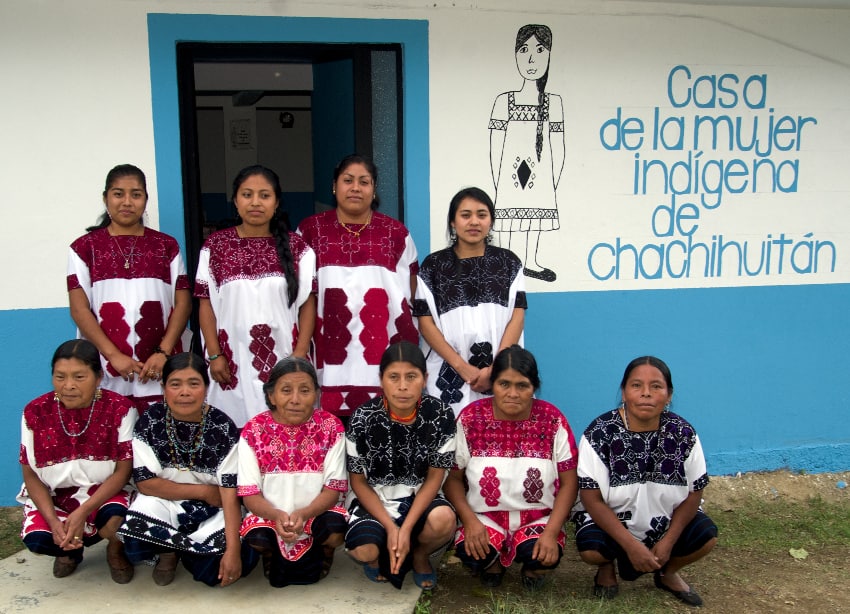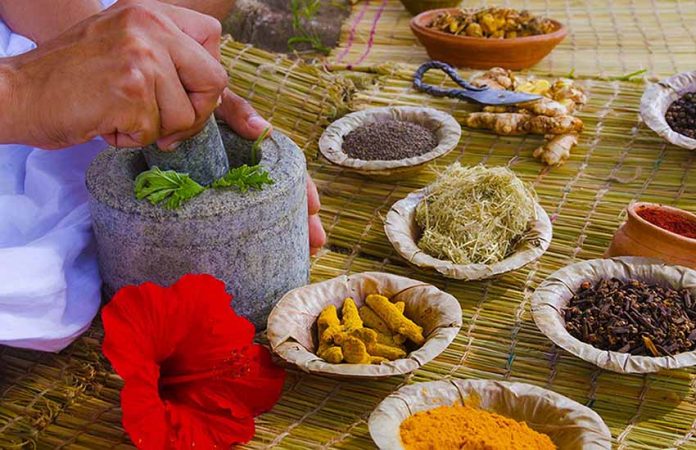Midwifery and traditional medicine practices will soon become more widely available options for patients in the country’s national public health system, two high-level officials announced at President López Obrador’s daily press conference Tuesday.
Mexican Social Security Institute (IMSS) head Zoé Robledo Aburto and Deputy Health Minister Hugo López-Gatell made the announcement, saying that in Mexico’s recent history, both practices had been greatly diminished and marginalized over the years as options for patients due to their lack of inclusion in the nation’s public health care strategy.
“Mexico’s legal framework is clearly insufficient to promote midwifery. Instead, in the last several decades, the spaces for midwifery have been diminished and its capacities lessened because it wasn’t a practice sufficiently incorporated into the national health system, which has prioritized, instead, a very technical and at times technocratic vision of childbirth,” said López-Gatell.
Community midwives (parteras) and traditional medicine doctors are often the only sources of medical care in poor and isolated communities in Mexico. Many work in rural indigenous communities where distance, language barriers and lack of services leaves community members, women in particular, vulnerable.

Community midwives generally receive no salary and learn their trade from the generational knowledge collected by grandmothers, mothers and mothers-in-law. Although their work saves the lives of countless people every year, their ancestral knowledge and practices are often disrespected and disregarded by mainstream medicine.
According to statistics from the National Survey on Household Relations (ENDIREH) in 2021, three out of 10 pregnant women in Mexico have experienced some kind of abuse from doctors during pregnancy. Women report being yelled at, criticized or berated, ignored or made to remain in uncomfortable positions. At the very extreme, they’ve had contraceptive devices placed in their bodies without their permission.
Robledo said that IMSS would be working with midwives, traditional doctors, health committees, volunteers from rural areas and other citizens to bring more medical treatment to rural areas as well as incorporate communities and their traditional medical practices more fully into the national system.
One initiative includes cataloging medicinal plants and the building of ethnobotanical greenhouses in each state across the country to preserve local flora.
With reports from Proceso, Pie de la Pagina and Vanguardia
